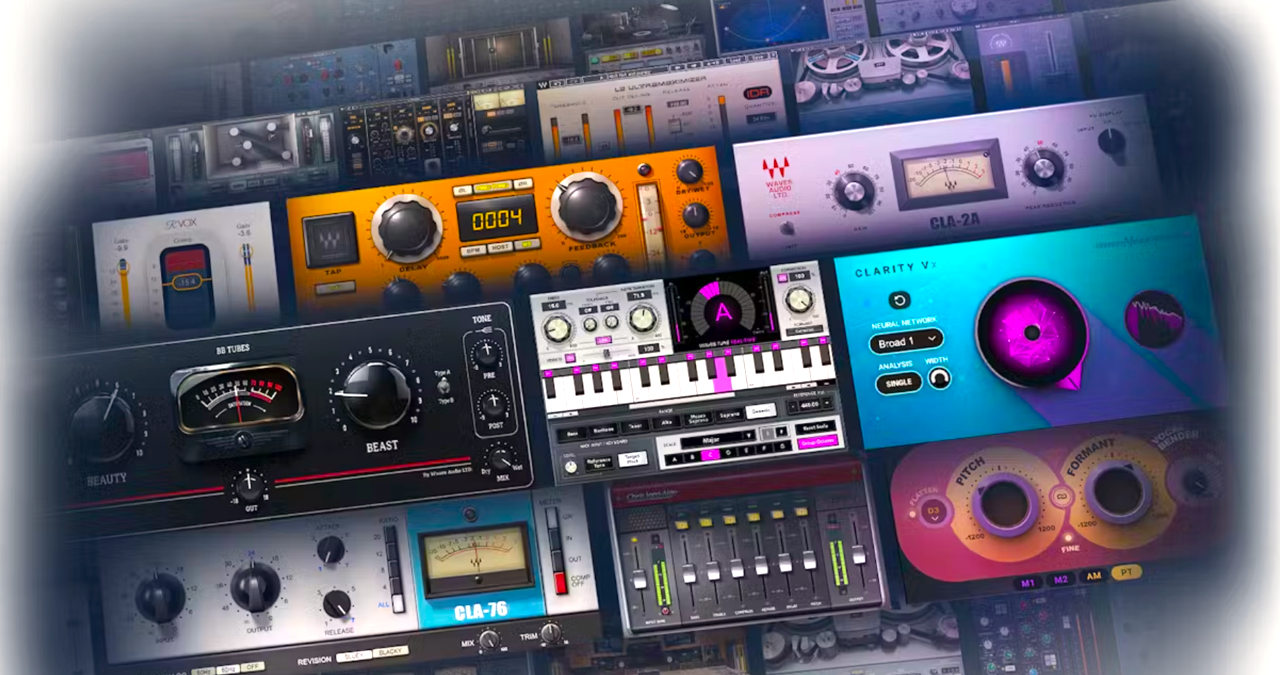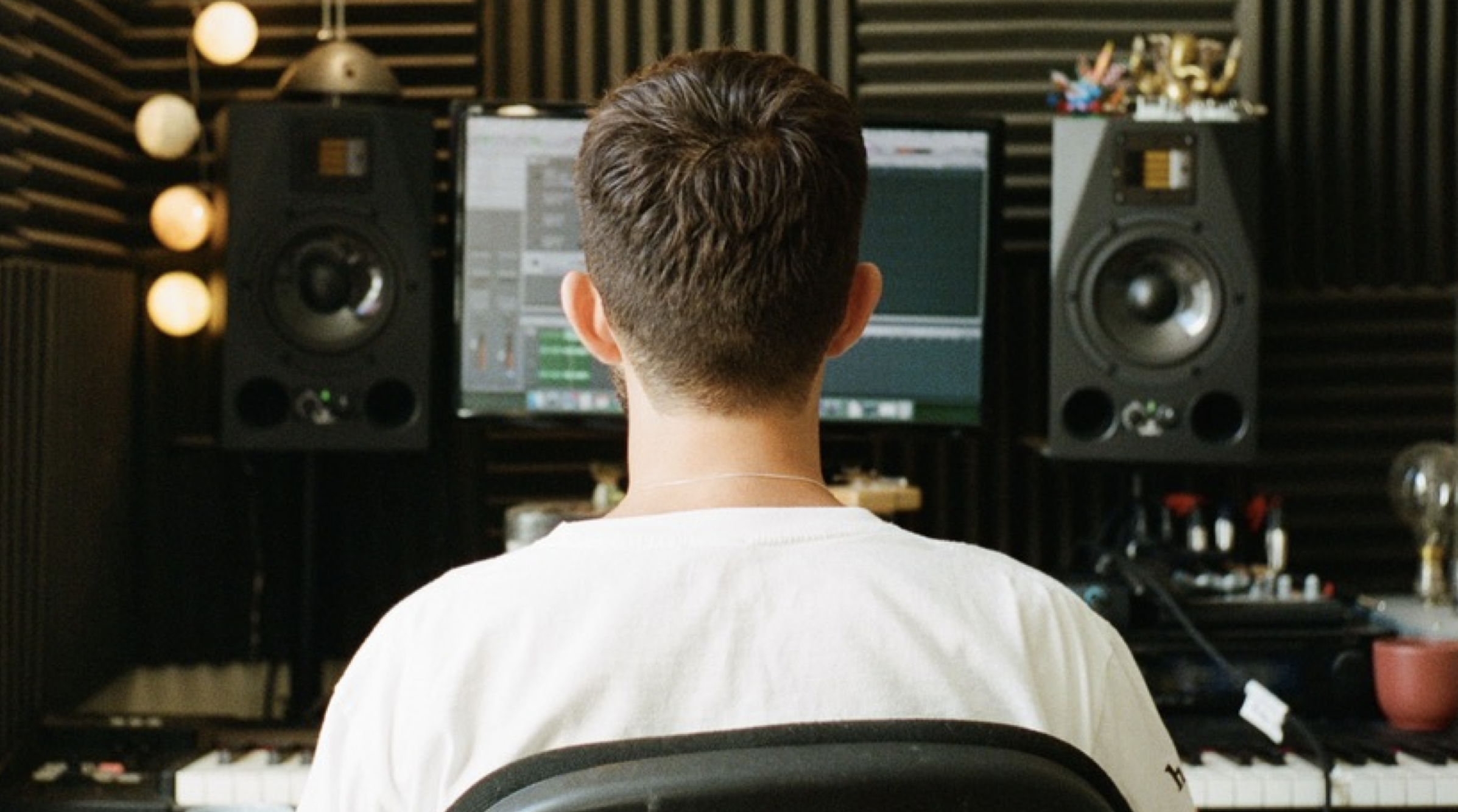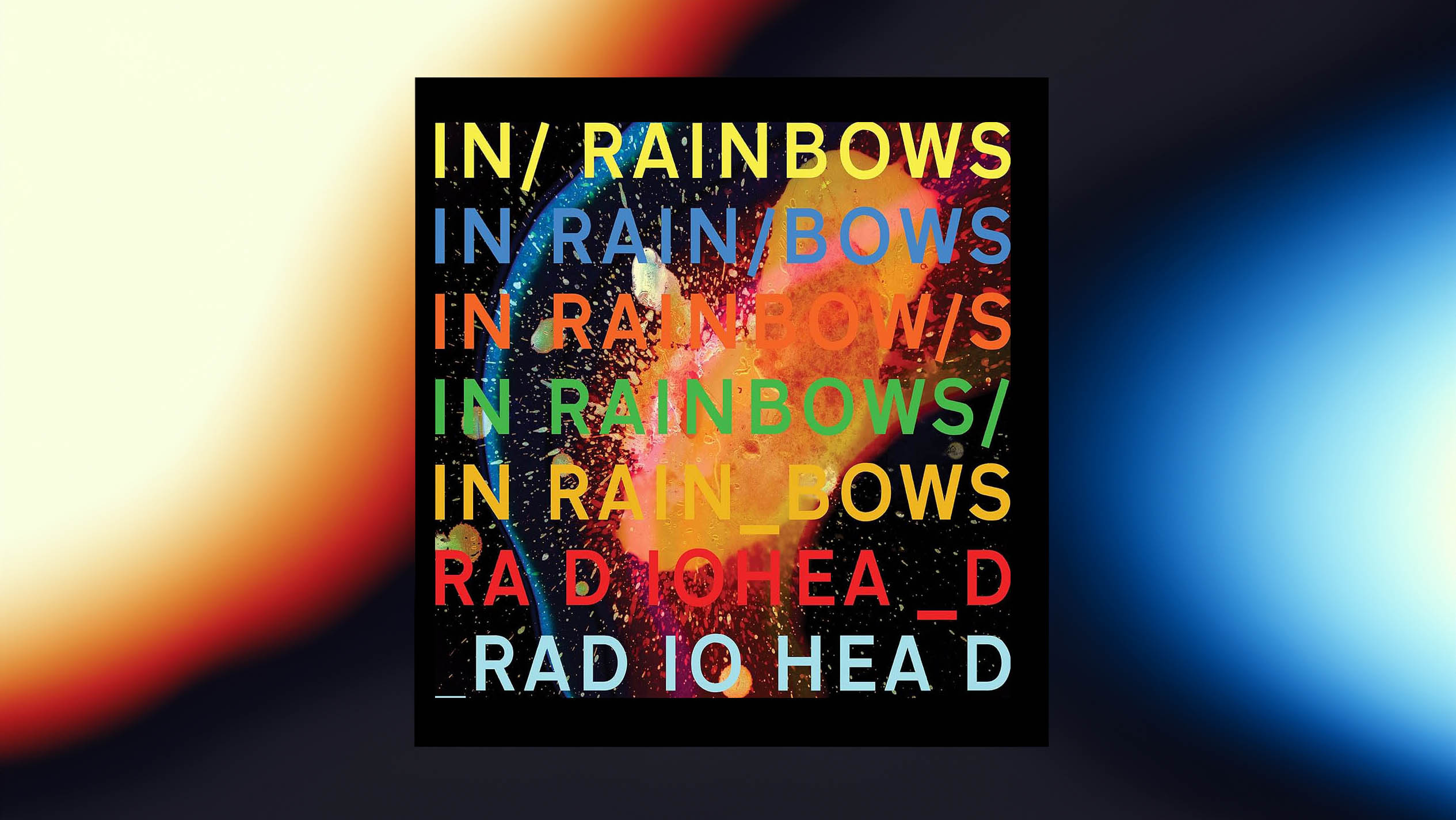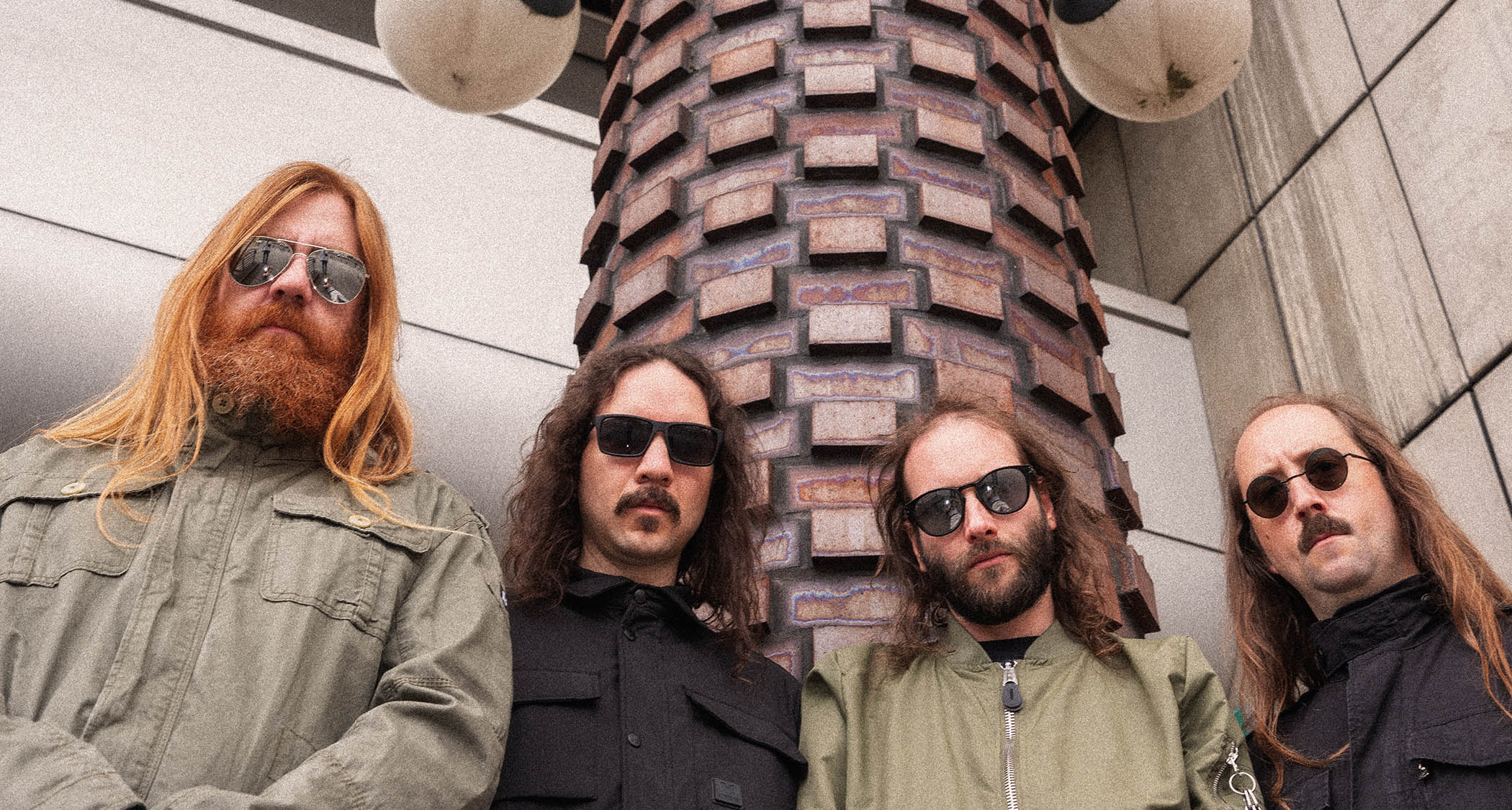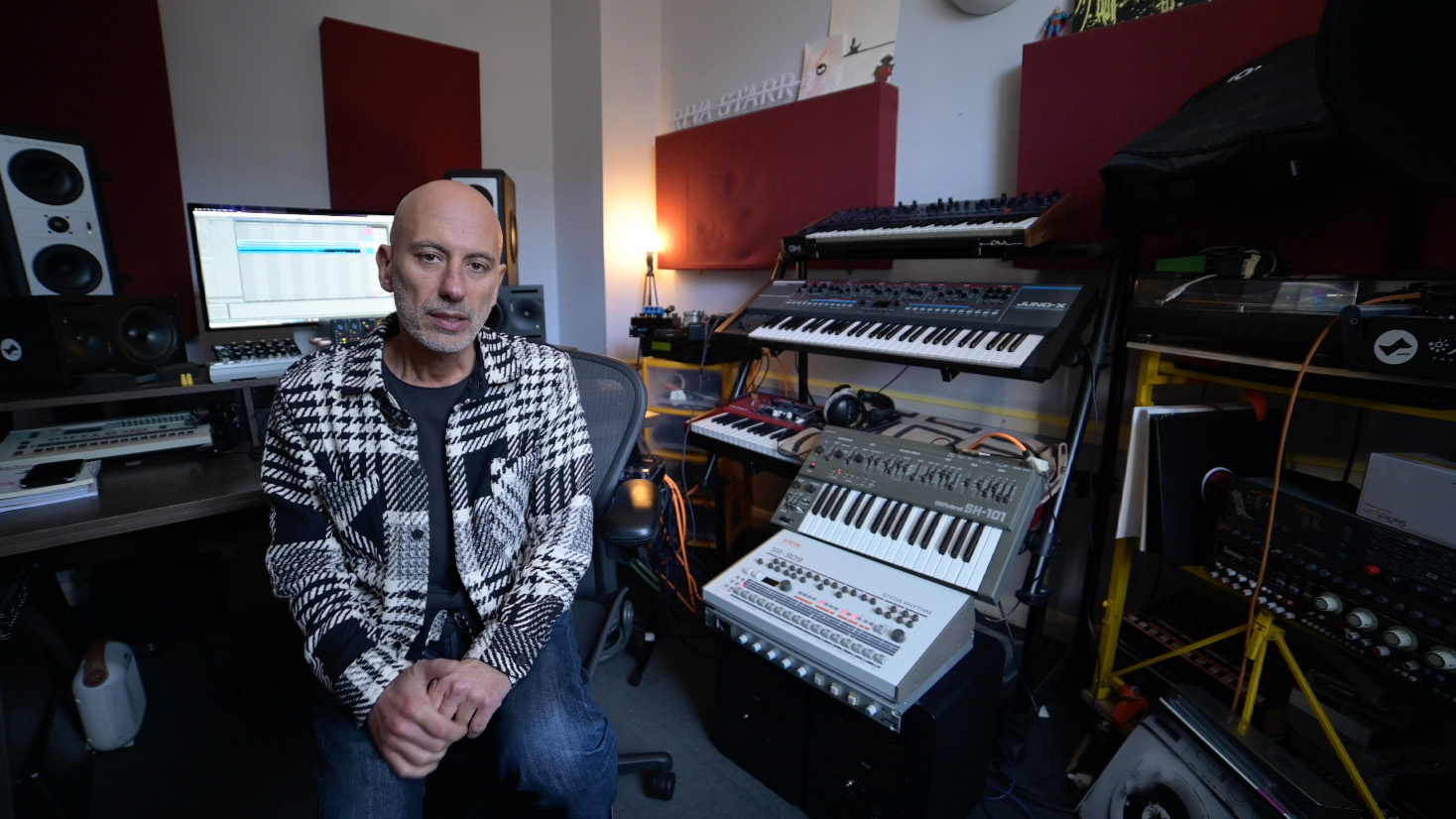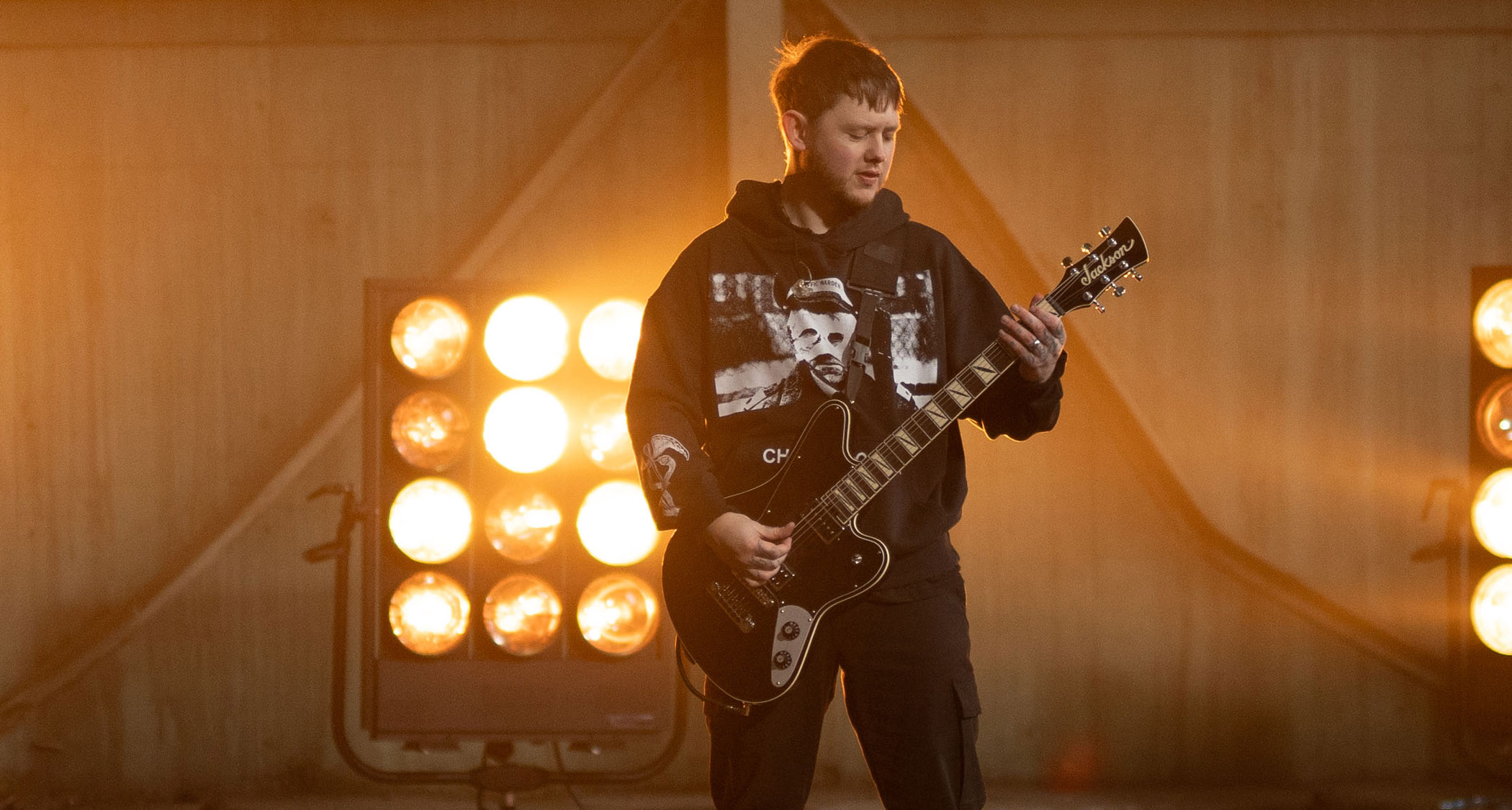NAMM 2025: "This is the beginning of a really long journey": Native Instruments teams up with Akai, Korg, Novation and more to "empower millions of music creators"
Native Instruments is expanding NKS integration to its competitors' controllers and making its software and sounds available on the Akai MPC platform
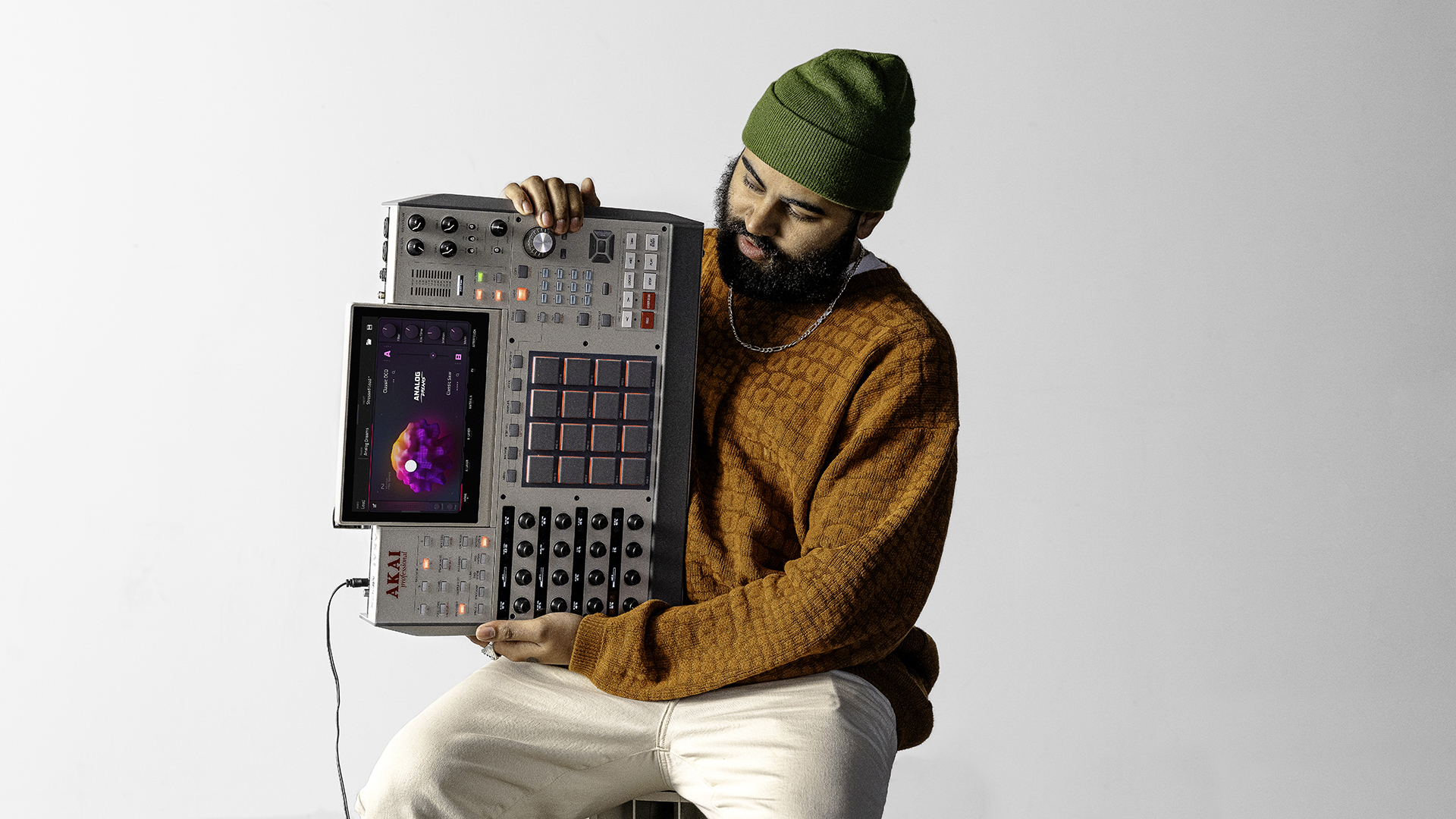
NAMM 2025: The biggest news to come out of NAMM is typically the unveiling of a hype-worthy new product from a well-known manufacturer. This year, though, one of the most significant - and unexpected - announcements hasn’t arrived in the form of a shiny new synth for us all to drool over, but something very different entirely.
No, Native Instruments hasn’t rocked up to NAMM 2025 with the next generation of Maschine or an upgraded Kontrol keyboard in tow. Instead, it’s arrived with a message of co-operation and a mission to empower music-makers, no matter whose products they use.
Today, the company has announced that it’s teaming up with a handful of top names in music tech - brands that could be considered its biggest rivals - to integrate its software ecosystem with products beyond the realm of Native Instruments, giving owners of instruments from brands such as Akai, Novation and Korg the opportunity to access its content and take advantage of integration with its NKS protocol.
If you’re not familiar with Native Instruments products, you might be wondering what exactly that last part means. NKS stands for Native Kontrol Standard: essentially, it’s a means of integrating software - virtual instruments and audio effects - with hardware controllers.
Once opened within NI’s Komplete Kontrol software (available as both a plugin and standalone application) NKS-compatible plugins, instruments and effects are immediately hooked up with your hardware controller via pre-mapped control layouts designed by the developers, giving you instant hands-on control without having to engage in the bothersome process of manual MIDI mapping. Not only that, but parameters can be viewed and presets can be browsed via the controller’s display thanks to bidirectional communication between software and hardware.
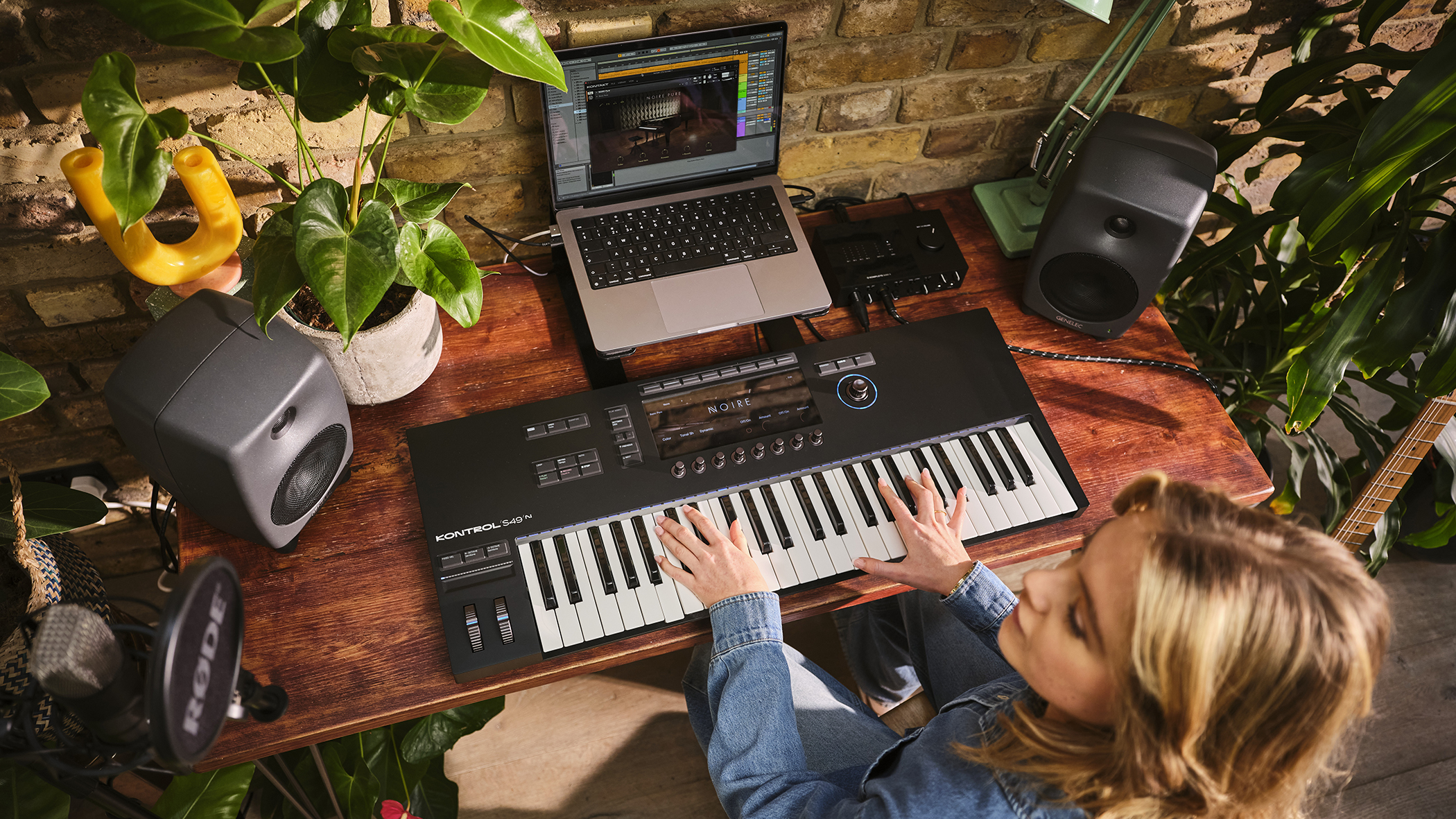
Up until now, NKS has only been fully integrated with Native Instruments hardware, like Maschine and the Kontrol series of MIDI controller keyboards. Today, the company has announced an NKS Hardware Partner program that invites manufacturers to integrate NKS with their products, giving their customers access to a fast-growing collection of more than 1800 NKS-compatible instruments and effects - a list that includes popular plugins like Arturia V Collection, u-he Diva and NI’s own Kontakt 8 - over which they’ll be able to enjoy seamless and intuitive control.
Five industry-leading brands - Akai Professional, Novation, Korg, M-Audio and Nektar - have partnered with NI to adopt NKS for their products, giving owners of popular controllers such as Akai’s MPK Mini and Novation’s Launchkey the opportunity to experience the convenience of NKS integration. While the program is launching with basic NKS support on a limited range of existing devices, Native Instruments’ Chief Product Officer Simon Cross tells us that later in the year we’ll be seeing new products hitting the market with NKS integration incorporated “in a much deeper way”.
Get the MusicRadar Newsletter
Want all the hottest music and gear news, reviews, deals, features and more, direct to your inbox? Sign up here.
"If you think about a regular controller, it’s kind of dumb"
“If you think about a regular controller, it’s kind of dumb,” Cross says. “It’s just sending messages to the computer. What NKS allows us to do is send data from the computer back to the device, so we can render parameter values onto the display. Not only that, but you can also browse and preview presets across all of these instruments and effects. You can scan through your whole library trying to find the sound that you want, all of that on the controller.”
Cross believes that the expansion of NKS provides the answer to a longstanding question: how to integrate the varied ecosystem of hardware controllers with the vast universe of plugins and instruments available to the modern music-maker in a way that’s simple and convenient. “All of the controller brands have good DAW integration, because there’s only around 10 major DAWs,” he says. “But when it comes to plugins, it’s a huge universe, and there’s not really any solution that connects knobs, faders and buttons to the massive ecosystem of plugins that exists. That’s what NKS does.”
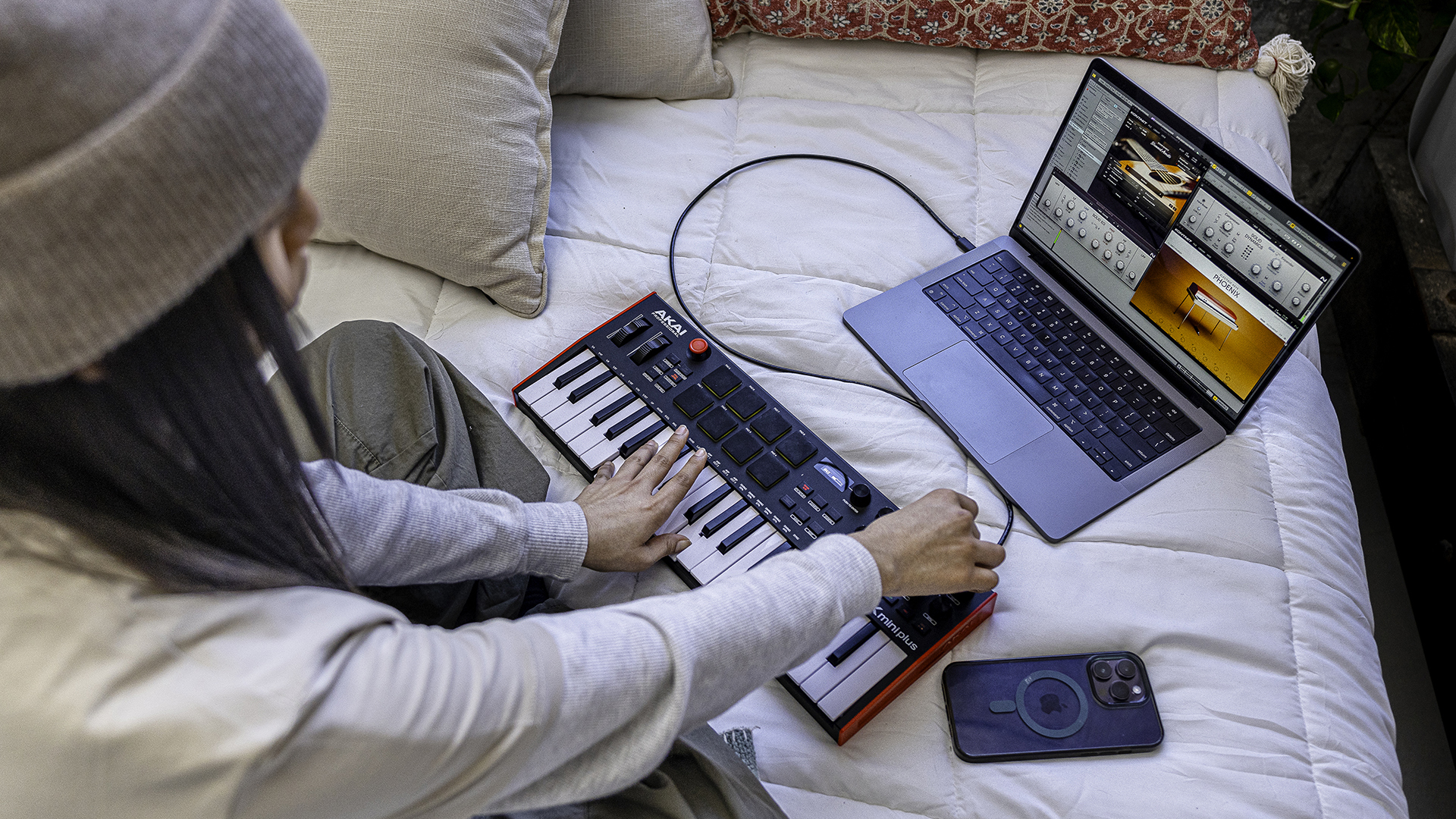
“What we’re solving here is a very clear user problem that’s been very hard for these partners to solve themselves,” Cross continues. “Designing a standard way for controllers to control thousands of plugins from thousands of different brands is very difficult to do, but that’s what we bring to the table. The reason why these companies are partnering with us - and why we’re lucky to be launching with five of the best brands - is because they see this as an opportunity to dramatically level up the experience they can offer to their users.”
Launching in February with a basic level of integration, the partner program will ultimately expand to make a much deeper form of integration accessible to owners of compatible products. “Step one is based around MIDI mapping; just being able to load a MIDI map for your specific device so that everything just works,” Cross says. “Later in the year, we’re launching software that will allow us to write data back to the device and give the device more advanced DAW control, along with more control over loading and managing plugins.”
"It’s not often that you get to pressure-test your best thinking with someone who may have been a competitor a year ago"
Hoping to give music-makers a taste of how NKS integration can benefit them, Native Instruments is offering a free copy of Komplete 15 Select - a $99 software bundle that features an array of NKS-ready instruments and effects - to owners of any controller that’s becoming NKS-compatible. This includes Akai’s MPK Mini series, Novation’s Launchkey MK3 and MK4, and Korg’s Keystage; you can find the full list of compatible devices below.
What’s more, Akai is taking its new partnership with Native Instruments one step further with the announcement that Native Instruments content will be available on the MPC platform for the first time. Beginning with a curated selection of Play Series instruments and Expansions sound packs - each “tailored specifically” for MPC - the partnership will eventually offer MPC users access to Native Instruments’ vast library of samples and sounds, directly from the hardware.
“This is just the beginning of a really long journey,” says Joe Richardson, Chief Marketing Officer of Akai’s parent company inMusic. “It’s not often that you get to pressure-test your best thinking with someone who may have been a competitor a year ago. But we’re a better brand because of it. Native looks at us with a fresh set of eyes, we look at their offering with a fresh set of eyes - and to be unified in trying to create something great for musicians, it’s making us both better. It’s going to make us tough to compete with.”
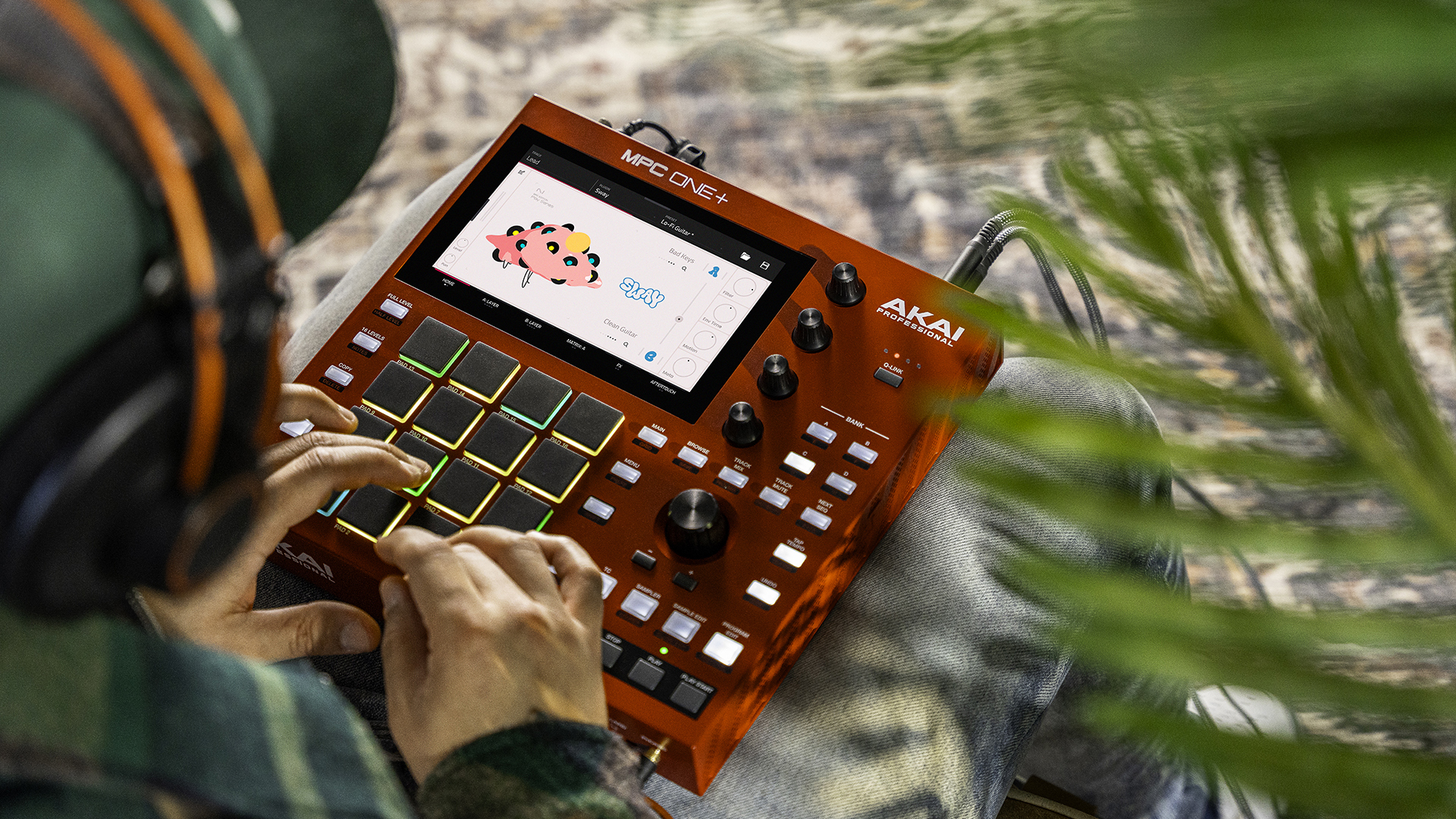
There’s no question that the partnership is good news for music-makers, and that NKS integration offers NI’s partners (and competitors) an obvious benefit, instantly making their controllers more appealing to consumers by expanding their compatibility and creative potential. But what’s in it for Native Instruments? While its message of empowerment and collaboration is an admirable one, Native Instruments remains a corporation with shareholders to answer to - the majority shareholder being a billion-dollar private equity firm.
Considering that exclusive compatibility with NKS has historically been a not-insignificant selling point for the company’s hardware, it wouldn’t be unreasonable to assume that today’s announcement signals a change in direction, suggesting that Native Instruments will be prioritizing its software offering over the development of new hardware from this point forward.
After all, production and distribution costs are significantly lower in the software business, and it's a market that offers greater scalability, along with the potential for recurring revenues via the much-maligned subscription model. And, in light of the fact that MPC users can now access NI Play Series instruments from their standalone devices while owners of Native Instruments' own Maschine+ cannot, a cynical observer might well see this as a death knell for the company's once-flagship groovebox, which hasn't seen a hardware update in five years.
Cross tells us that this isn’t the case, and while he concedes that Native Instruments is, at its core, “a platform company and a partnerships company”, he assures us that it has no intention of shifting its focus away from the hardware market altogether. “What we want to do is give customers more choice,” he continues.
“The majority of our customers are using NI software with other people’s hardware, and those people have not had the great integration with our software and the NKS ecosystem that our hardware customers have enjoyed. So we’re expanding the reach of that experience. Over time, there’s going to be many more devices that support NKS and can provide users with a seamless experience to control plugins, instruments and effects, far beyond what’s possible today.”
In keeping with this co-operative, platform-first ethos, Native Instruments has also revealed that it will be opening up Leap and Tools - two new features introduced with the latest version of Kontakt - to third-party developers. Leap is an Arcade-style sampler instrument that can be used to transform loops and one-shots into new hooks and textures, while Tools is a suite of generative MIDI tools that act as a kind of compositional assistant within Kontakt.
By releasing SDKs for Tools and Leap, Native Instruments hopes to give Kontakt developers scope to create even more powerful and versatile instruments. “There are companies all around the world that create instruments for Kontakt - in fact, there are entire companies that only exist because of Kontakt,” Cross says. “So when we built Tools and Leap, we could have decided to make these things that only Native Instruments could use. But actually, what’s so great about Kontakt is how third parties use it to innovate, when given the tools.”
"What’s so great about Kontakt is how third parties use it to innovate, when given the tools"
Today’s announcement finds a handful of companies that have historically been in close competition teaming up to improve customer experience: Native Instruments’ software and sounds will reach the hands of more musicians and producers, while hardware from its partner brands will be granted a more sophisticated and frictionless level of control over an expanding catalogue of almost 2000 plugins, instruments and effects.
For inMusic’s Joe Richardson, the most transformative aspect of the partnership is how it will empower music-makers to focus solely on their creativity. “There’s a universal understanding that we’ve gained, that all creators want to stay in the creative flow,” he says.
“The things that take them out of that creative moment - that leave them thinking more than producing and creating - that’s where the friction is going to be taken away. This relationship will allow them to use the best sounds on the best, high-performance hardware, so that they can capture what they’re doing in the flow and not have to overthink the mechanics of how these things work together. That simplicity is golden.”
NKS-compatible hardware
● Akai Professional: MPK Mini Series (MPK Mini, MPK Mini Play, and MPK Mini Plus)
● Novation: Launchkey MK3 and MK4, FLkey, and SL MK3 controllers
● Nektar: LX MK3
● Korg: Keystage
● M-Audio: Oxygen Series keyboards

I'm MusicRadar's Tech Editor, working across everything from product news and gear-focused features to artist interviews and tech tutorials. I love electronic music and I'm perpetually fascinated by the tools we use to make it. When I'm not behind my laptop keyboard, you'll probably find me behind a MIDI keyboard, carefully crafting the beginnings of another project that I'll ultimately abandon to the creative graveyard that is my overstuffed hard drive.
